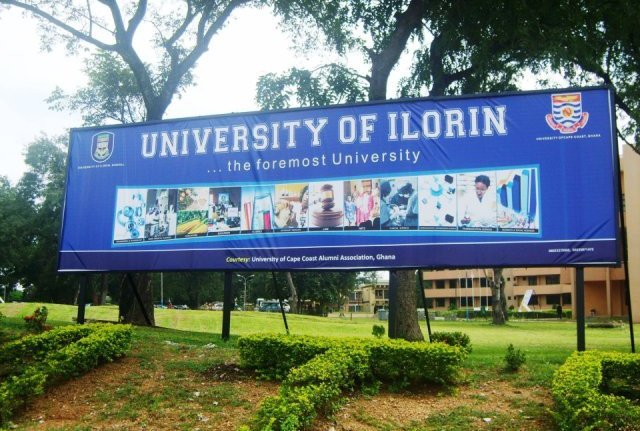Health
Unilorin flags off COVID-19 vaccination

The University of Ilorin (Unilorin) on Monday commenced the administration of COVID-19 vaccin on the institution’s and host community members.
The Deputy Vice-Chancellor (Management Services), Prof Bolaji Sule, implored residents to take advantage of the vaccine as it is free of charge.
He made the call on Monday while flagging off the COVID-19 vaccination for members of the university community at the University Health Centre Ilorin.
Sule appreciated the government for making the vaccine available for citizens.
The Registrar of the university, Dr Folaranmi Olowoleni, described the event as a good initiative, noting that the participation of the principal officers who took the vaccine showed example of good leadership.
The Director of Unilorin Health Services, Dr AbdulRasheed Odunola, explained that the first phase was set aside for the flag-off of the vaccination to be administered to Unilorin staff, while the second phase would come up in the next three months.
Odunola underscored the efficacy of the vaccine, saying that it remains the biggest pharmaceutical effort made to reduce the spread of the disease.
He advised those who have taken the vaccine and those yet to to continue to observe all the COVID-19 protocols, saying prevention remains better than cure.
Odunola confirmed that more than 200 staff members of the instiyitution have taken the vaccine.
He also confirmed that the administrators of the exercise promised to return to the university to continue with the assignment after two days rounded-off.
He, therefore, urged members of Unilorin community to get the vaccine.
Dr Nusirat Elelu, the Executive Secretary of Kwara State Primary Health Care Development Agency, urged residents to come out enmasse to take the COVID-19 vaccination.
According to her, the vaccine is safe contrary to claims in some quarters that it is not good for human health.
Elelu, who is an Associate Professor at the Faculty of Veterinary Medicine, Unilorin, said that the vaccine would be administered in four phases.
She added that currently, it was covering frontline health workers and other front liners including the military and strategic leaders.
She explained that the doses brought to the institution were for the management staff, frontline health workers and willing members of the community, but that more attention would be given to members of the university community.




 Davido's Net Worth & Lifestyle
Davido's Net Worth & Lifestyle 
